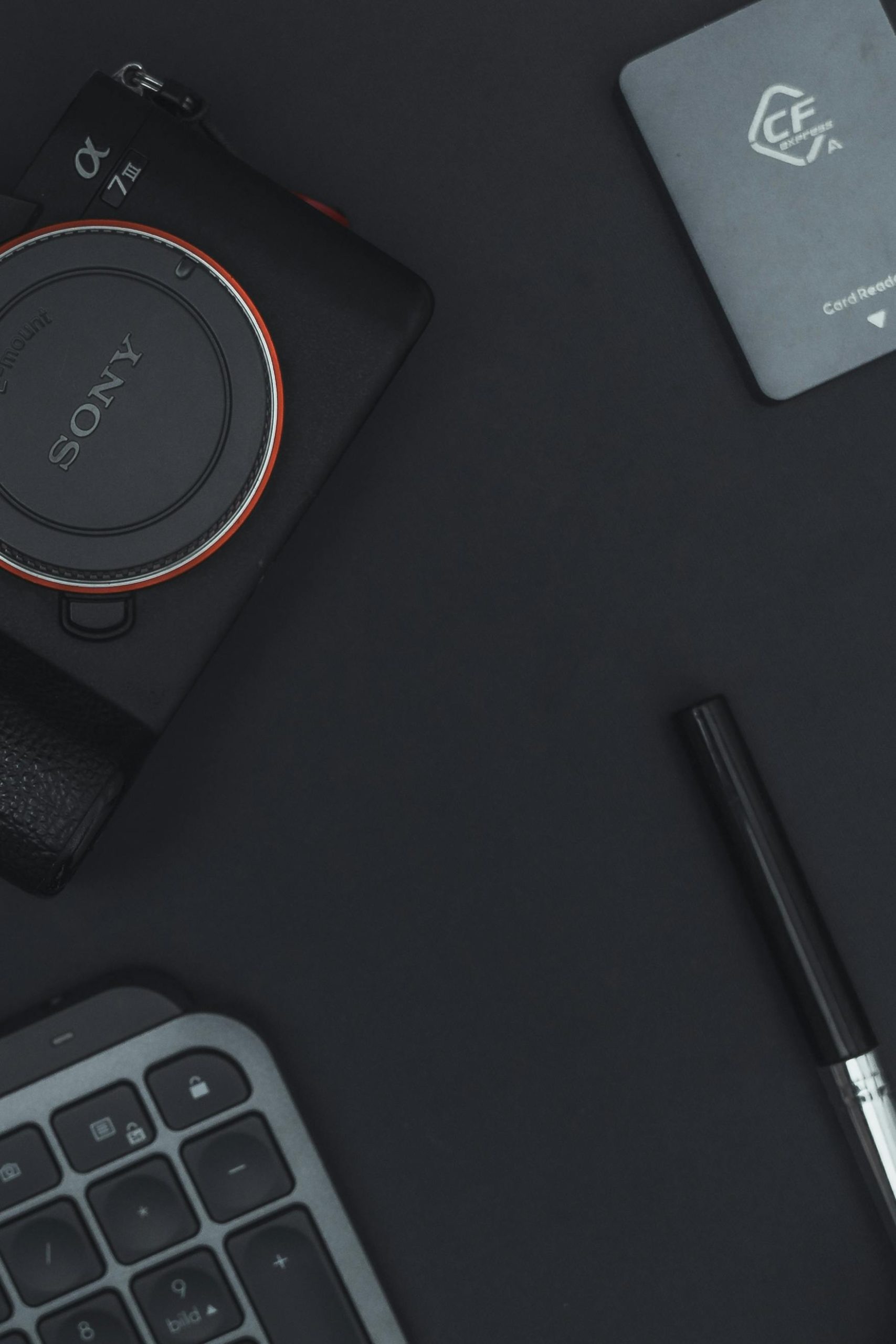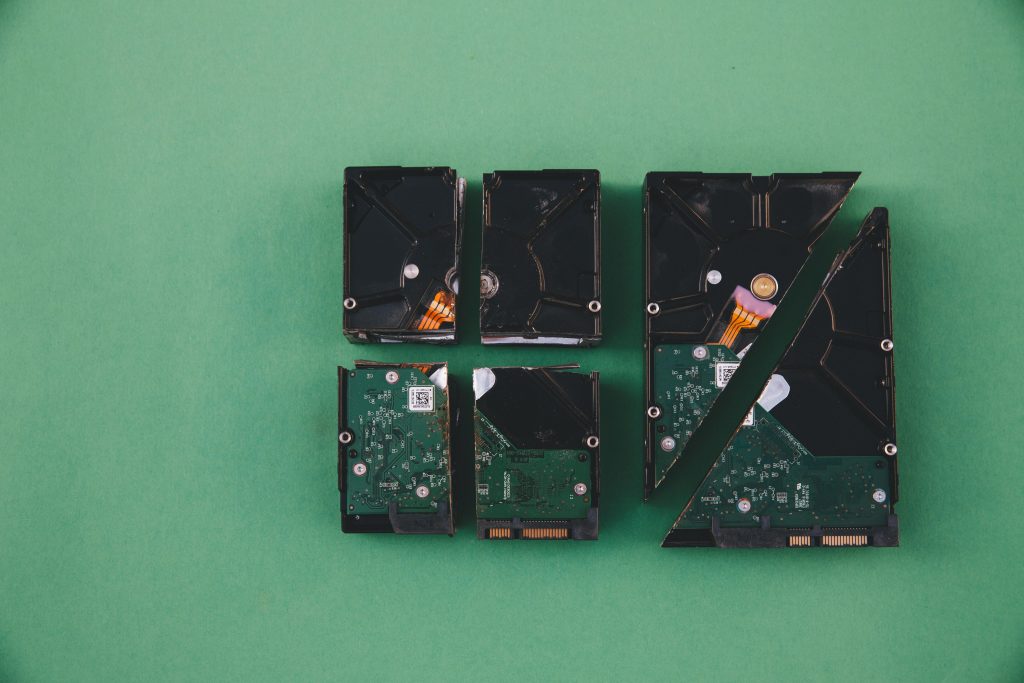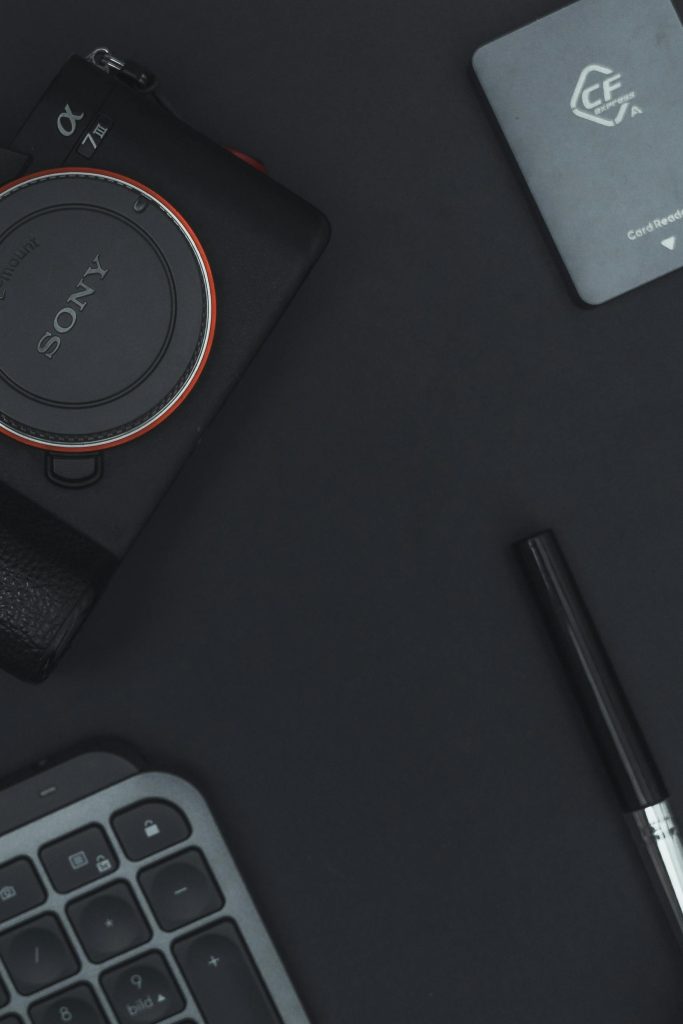Recovering Data from Sony CFexpress Type A Cards with Monolith NAND and LDPC Error Correction: Challenges and Insights
In professional photography and videography, reliable data storage is paramount, especially during critical events like weddings or live productions. Recently, a user shared a challenging experience involving a Sony CFexpress Type A card (model: CEA-G320T, 320GB), which suddenly became completely unresponsive after a full day of recording. This incident highlights the complexities associated with modern high-capacity storage media that utilize advanced NAND architectures and error correction mechanisms, such as LDPC (Low-Density Parity Check) coding.
The Incident
The user was employing the Sony CEA-G320T card in a Sony A7S III camera for dual-slot video recording during a wedding shoot—an event of significant personal and professional importance. The card performed flawlessly throughout the recording process. However, upon completion, the card refused to mount, was not detected by any card reader, and exhibited no signs of mechanical damage. It appeared entirely unresponsive, with no prior warning signs or indications of failure. The user suspects that the error occurred during relay recording—where the camera switches seamlessly between multiple cards—potentially triggering the fault.
Technical Background
The failed card features monolith NAND architecture with built-in LDPC-based error correction. While LDPC enhances data integrity on high-capacity storage devices, it adds layers of complexity in data recovery, especially when the NAND or controller become inaccessible.
Recovery efforts so far have included:
- NAND diagnosis indicating the presence of monolith NAND with LDPC error correction.
- Recognition that data is stored in a parity-based format, likely requiring the original controller for decoding.
- Inability to dump or decode raw NAND data, owing to proprietary LDPC structures and inaccessible controller logic.
- The absence of known pinouts or emulation methods for the specific controller used in this model.
- Ongoing attempts by specialized recovery teams—potentially taking weeks—using custom tooling, with no guarantee of success.
Lack of Manufacturer Support
Attempts to engage Sony directly for technical assistance have been unsuccessful. The company provided minimal information, offering no detailed specifications on the memory controller, LDPC implementation, or decoding methods—all critical factors in data recovery endeavors.
Key Questions and Community Interest
The incident raises several questions pertinent to data recovery specialists and enthusiasts:
- **Has anyone successfully recovered data from Sony CFexpress Type A cards employing LDPC encoding?
Share this content:



